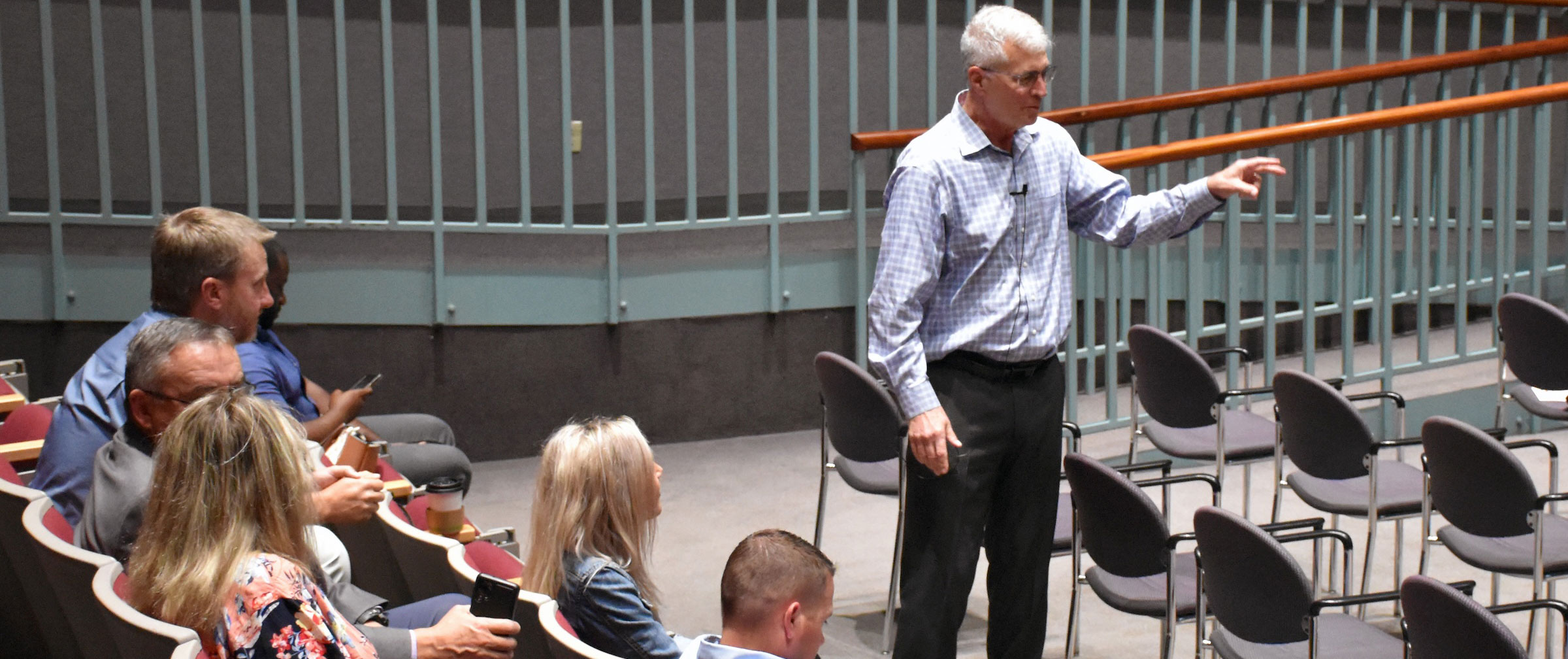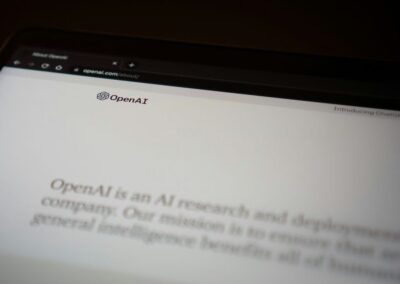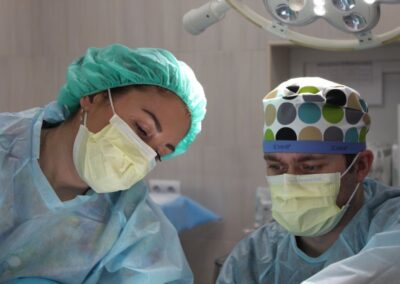We have certainly had our fill of evidence-based guidelines driven into us over the years. And slowly but surely, physicians and health care institutions are adopting best practices that are truly improving care. We are all becoming more “evidence-based” in our thinking and in our fundamental interactions with patients… this is a good thing. The effort to base recommendations on sound medical evidence is a strong step toward providing better health care value, a critical component toward the overall goal of achieving true population health.
There is plenty room for debate…. How strong is this evidence? How well do these guidelines actually apply in clinical medicine? Or, how reliable was the study? At least with evidence-based approaches, the intention is to implement objective recommendations based upon peer-reviewed science.
But despite our efforts, how often have we heard during discussions with health caregivers on guideline implementation something like the following, usually coming from one of more senior colleagues: “In MY experience, I disagree with this guideline.” Or: “In MY institution we do this differently”.
Such comments can derail the discussions, and in many cases, actually result in changes or “tweaks” to the established guidelines in order to get the political support ultimately required to implement them in any given institution. And by the way, who wants to contradict the chief?
Thus the continued persistence of what could be called “eminence-based” medicine. As put somewhat sarcastically in “A Skeptic’s Medical Dictionary way back in 1997, eminence-based medicine is the ability to “make the same mistakes with increasing confidence over an impressive number of years”.
Perhaps equally sarcastically, does gray hair and title trump science and the experimental method?
With “eminence-based” arguments, seniority and persistence may prevail over objective experience and science. I must admit, it can be intimidating to argue one’s case to a more senior, perhaps more esteemed colleague. Especially if that person is eager to pull the “seniority” card during course of the argument. And I also concede, that may be one of the few advantages I now have with my increasingly gray hair!
Anecdotal experience is very important. It is the way human beings learn and acquire knowledge….. but in the absence of critical, scientific review, anecdotal experience is vulnerable to politics, bias, happenstance, and simply wrong information.
Medicine is an evolving field. Knowledge continues to expand rapidly, and that body of knowledge continues to double every 18 months. Change is necessary as new knowledge is garnered. Today’s best practice will be obsolete in the future. I have jokingly told CEO’s over the years that if a doctor says “I have done it this way for 20 years”, it should scare the heck out of you. Likewise, I have told physicians that if a CEO says “I have done it this way for 20 years”, it should be equally scary. Change is an essential part of health care today, to the point where I believe our industry is actually in the business of change; our product is health care.
But ultimately, evidence must prevail over eminence. As caregivers we are truly scientists by nature. We need to respect the integrity of the scientific model. At the same time, we need to respect the judgment and knowledge that is gained through experience.
There may always be a need for “eminence-based” medicine. If one’s anecdotal experience contradicts a scientific conclusion, the issue (not the person’s position) should be acknowledged and deliberated. That very contradiction my ultimately lead to better knowledge. We should never lose the value of the eminence, but we should appropriately question any anecdotal experience if it contradicts scientific knowledge.
So why does “eminence-based” medicine persist? Simply because it should.
It plays an important role in the overall acquisition of knowledge. Science without question is dangerous. The anecdote plays an integral role in insuring the integrity of the scientific model. It keeps us all open to new ideas. It keeps us intellectually and ultimately clinically honest.
But we should insist on the “evidence-basis” as our routine way of taking care of routine patients. If an exception arises in a particular case, based upon the physician’s judgment and experience, it should be respected, documented and discussed…. and it may in fact be the BEST way to take care of that specific patient.
After all, these are guidelines, not rules or commandments. I tell physicians that I expect them to occasionally deviate from any guideline if in their judgment, there is a better alternative for the patient. But those issues should be documented and evaluated.
In the end, the scientific model remains the best way to provide care for the great majority of our patients. Let both evidence and eminence coexist, but let’s acknowledge and accept the benefits and limitations of both.
I would appreciate your thoughts on this.




